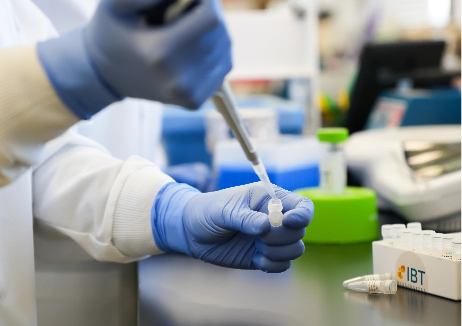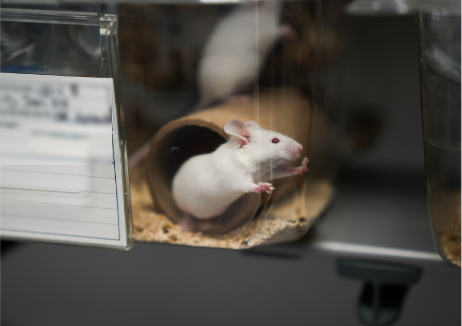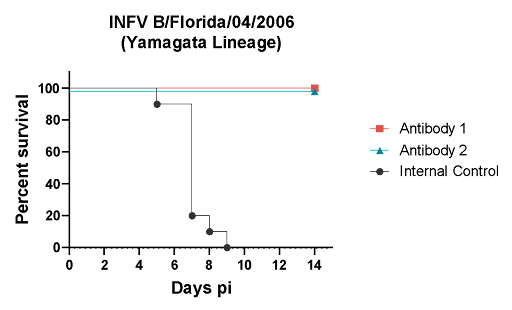- Home
- About IBT
- Blogs
- News
- Careers
- Contact
- Request a Quote
- Shop Reagents
- In vitro Assays
- Animal Services
- Animal Models
- Bacterial Efficacy Models
- Enterotoxigenic E. coli (ETEC) Intestinal or Intranasal Colonization
- Staphylococcus aureus Skin and Soft Tissue Infection
- Staphylococcus aureus Pneumonia Model
- Staphylococcus aureus Bacteremia Model
- Streptococcus pneumoniae Pneumonia Model
- Staphylococcus aureus Bacteremia in NHP
- Toxic Shock Syndrome caused by Staphylococcal enterotoxins A, B, C and TSST-1
- Biodistribution
- Vaccine Adjuvant Screening
- Viral Efficacy Models
- Vivarium Rental
- By Diseases Targets
- Concierge Services
- Start an order
- Home
- About IBT
- Blogs
- News
- Careers
- Contact
- Request a Quote
- Shop Reagents
- In vitro Assays
- Animal Services
- Animal Models
- Bacterial Efficacy Models
- Enterotoxigenic E. coli (ETEC) Intestinal or Intranasal Colonization
- Staphylococcus aureus Skin and Soft Tissue Infection
- Staphylococcus aureus Pneumonia Model
- Staphylococcus aureus Bacteremia Model
- Streptococcus pneumoniae Pneumonia Model
- Staphylococcus aureus Bacteremia in NHP
- Toxic Shock Syndrome caused by Staphylococcal enterotoxins A, B, C and TSST-1
- Biodistribution
- Vaccine Adjuvant Screening
- Viral Efficacy Models
- Vivarium Rental
- By Diseases Targets
- Concierge Services
- Start an order
- Home
- About IBT
- Blogs
- News
- Careers
- Contact
- Request a Quote
- Shop Reagents
- In vitro Assays
- Animal Services
- Animal Models
- Bacterial Efficacy Models
- Enterotoxigenic E. coli (ETEC) Intestinal or Intranasal Colonization
- Staphylococcus aureus Skin and Soft Tissue Infection
- Staphylococcus aureus Pneumonia Model
- Staphylococcus aureus Bacteremia Model
- Streptococcus pneumoniae Pneumonia Model
- Staphylococcus aureus Bacteremia in NHP
- Toxic Shock Syndrome caused by Staphylococcal enterotoxins A, B, C and TSST-1
- Biodistribution
- Vaccine Adjuvant Screening
- Viral Efficacy Models
- Vivarium Rental
- By Diseases Targets
- Concierge Services
- Start an order
- Home
- About IBT
- Blogs
- News
- Careers
- Contact
- Request a Quote
- Shop Reagents
- In vitro Assays
- Animal Services
- Animal Models
- Bacterial Efficacy Models
- Enterotoxigenic E. coli (ETEC) Intestinal or Intranasal Colonization
- Staphylococcus aureus Skin and Soft Tissue Infection
- Staphylococcus aureus Pneumonia Model
- Staphylococcus aureus Bacteremia Model
- Streptococcus pneumoniae Pneumonia Model
- Staphylococcus aureus Bacteremia in NHP
- Toxic Shock Syndrome caused by Staphylococcal enterotoxins A, B, C and TSST-1
- Biodistribution
- Vaccine Adjuvant Screening
- Viral Efficacy Models
- Vivarium Rental
- By Diseases Targets
- Concierge Services
- Start an order
-
REAGENTS

IBT specializes in delivering top-notch reagents tailored for research and development purposes.
-
-
- AG129
- Animal Models
- Bacterial Efficacy Models
- Enterotoxigenic E. coli (ETEC) Intestinal or Intranasal Colonization
- Staphylococcus aureus Skin and Soft Tissue Infection
- Staphylococcus aureus Pneumonia Model
- Staphylococcus aureus Bacteremia Model
- Streptococcus pneumoniae Pneumonia Model
- Toxic Shock Syndrome caused by Staphylococcal enterotoxins A, B, C and TSST-1
- Staphylococcus aureus Bacteremia in NHP
- Biodistribution
- Custom Animal Models
- Immunogenicity
- PK/PD & Biodistribution
- Rodent Breeding
- Vaccine Adjuvant Screening
- Viral Efficacy Models
- IBT Vivarium Rental
- Tissue Processing & Histopathology
- AG129
- Animal Models
- Bacterial Efficacy Models
- Enterotoxigenic E. coli (ETEC) Intestinal or Intranasal Colonization
- Staphylococcus aureus Skin and Soft Tissue Infection
- Staphylococcus aureus Pneumonia Model
- Staphylococcus aureus Bacteremia Model
- Streptococcus pneumoniae Pneumonia Model
- Toxic Shock Syndrome caused by Staphylococcal enterotoxins A, B, C and TSST-1
- Staphylococcus aureus Bacteremia in NHP
- Biodistribution
- Custom Animal Models
- Immunogenicity
- PK/PD & Biodistribution
- Rodent Breeding
- Vaccine Adjuvant Screening
- Viral Efficacy Models
- IBT Vivarium Rental
- Tissue Processing & Histopathology
-
START AN ORDER







